Loss of Self and Identity
Part I – The Rootstock, Chapter 5
Some of us aren't meant to belong. Some of us have to turn the world upside down and shake the hell out of it until we make our own place in it.
〰 Elizabeth Lowell 〰
Identity Deficit Disorder
One thing you can’t hide is when you’re crippled inside.
〰 John Lennon 〰
In search of identity I have found the question Who am I? most unhelpful. Instead of identifying with the emerging being who I am, I have been trained ~ from earlier than potty training onwards ~ that what I do matters more than who I am.
Born and raised in a culture where identity is defined by what we do rather than who we are is a serious handicap. We are all more or less identity-disabled.
One of the many contemporary social problems in Western civilisation is the so-called mental health crisis. Why are so many fellow humans afflicted with so many new mental ‘disorders’?
Generalised Anxiety Disorder (GAD), Obsessive Compulsive Disorder (OCD), Social Anxiety Disorder (SAD), Persistent Depressive Disorder (PDD), Substance-Induced Mood Disorder (SIMD), various types of PTSD (Post traumatic stress disorder)….
Then there are gender dysphoria, body integrity dysphoria, racial discrimination, sexual discrimination, childhood abuse, poverty, homelessness, and the overwhelming mental/emotional suffering associated with these experiences. None of these are isolated events.
I believe all these ‘mental health conditions’ can be traced back to one problem. The Mother of all Disorders, if you will, I would call Identity Deficit Disorder (IDD). You won’t find it on any ‘Mental Health’ website under the list of ‘mental health issues and disorders’.
In 1980, Identity Disorder was listed as a condition in the DSM (Diagnostic and Statistical Manual of Mental Disorders). In 1994 it was downgraded to Identity Problem because “research indicated that distress over one's identity is so common that it might very well be considered part of the normality,” according to Wikipedia.
In 2013, Identity problem was removed from the publication altogether. Presumably because it had become so overwhelmingly ‘normal’ that the authors considered it part of human nature. “In practice,” Wikipedia goes on to explain, “if a person's distress persisted or worsened, an Identity problem would often be succeeded by a diagnosis of an actual disorder, such as a mood disorder or borderline personality disorder.”
In my understanding, this means, an ‘Identity problem’ is a precursor to ‘actual disorders’. It means IDD is most likely the soil, in which a mental health crisis, such as the one we are witnessing, flourishes.
I would argue further that the original womb which gave birth to the Mother of Mental Disorders is Trauma. The womb itself is the wound. It’s a well known fact. The moment we emerge from the womb we suffer from Dissociative Amnesia Disorder.
In the early days of psychotherapy, mental disorders were mainly diagnosed in women. The condition they were suffering from was identified as hysteria, the word for womb in Greek.
Considering the circumstances of women a couple of centuries ago, it makes a lot of sense that they were showing more frequent cases of what the Scottish psychiatrist R.D. Laing called, “a perfectly natural adjustment to a totally unnatural and negative environment.”
The Loss of Self
Nobody talks about the other loss, the loss that happens within us.
〰 Caroline George 〰
Losing my sense of identity is etched into my memory, because it hit me like lightning ~ more than once ~ associated with memorable life events. The first time it happened was around the time I turned twelve.
The 6-day war broke out in the Westbank. We evacuated to Beirut. Although we spent the duration of the war with friends in a serene setting under the famed cedars of Lebanon, the tension was palpable.
One day my father left in the morning to go to the German embassy and didn’t come back until the evening. There had been trouble in the city. He’d been ushered into a café. The metal shutters went down, and he had no way of contacting us.
Excitement about the prospect of returning ‘back home’ to Germany seeped into the mix of anxiety and uncertainty while waiting in Beirut for another evacuation flight. We were going home! I wouldn’t be an outsider anymore ~ for once!
The idealised return to my utopian fatherland crashlanded, got hit by the bombshell of culture-shock and vanished in a wisp of smoke. After nine years abroad, none of us knew what it meant to ‘be home’. We had only visited Germany twice during that period, for a couple of summer holidays. We had no familiar house or hometown to return to. My parents had cut ties with most of their Brethren relations.
My first day at the German high school for girls left me abandoned in a crowd of strangers, sinking into an emotional swamp of bewilderment and betrayal. Thrown into an alien culture without warning, preparation or guidance, I struggled to understand my ‘native language’. My new classmates spoke living German Teen slang. I spoke a prim and pure expat-German with a vocabulary limited by parental guidance.
More importantly, I didn’t speak ‘Girl-Culture’. My only classmate until then had been my older brother. I’d never had a girlfriend. In the world of my childhood I was an odd specimen. Girls of my age practically didn’t exist. My dolls had served as substitutes. Now they were an embarrassment.
Most of my new classmates were about a year older than me. They looked and behaved like teenagers. I looked and behaved like a child from another planet. My new classmates weren’t haters or bullies. They were friendly enough. I was the alien. They did their best to integrate me. I did my best to become like them. To make that switch, I had to abandon and betray myself.
On my first day at a real school, our biology teacher made me stand in front of the class and told me to say something in Arabic. I froze, unable to utter a single word in any language. This might explain why no one dared to ask about my childhood ever again. I never talked about it. On that day my perfect childhood was wiped out like a chalk-painting on a blackboard.
Synchronosophy encourages us to re-member frozen emotions, revive, and invite them to become loyal allies
Minefield Sexuality
People with lost personalities will suffer a great deal more than those with lost virginities.
〰 Melina Marchetta 〰
My sex education began when my mother handed me a slim book. The old rose jacket showed the drawing of a woman’s profile and the title Die werdende Frau (loosely translated into ‘Becoming a Woman’) on the front cover.
From the contents of this pinkish pamphlet I can only remember illustrations of female reproductive organs, abstract descriptions of the human mating act, and the advice not to do it outside of wedlock.
I was fourteen years old. The ovary drawing reminded me of a ‘blottentot’ ~ an ink image made by blotting ink on paper and folding it over ~ like in the vintage cartoon above.
For the remainder of the patchy exploration of sexuality I was on my own. There was no warning sign. Nobody told me I was about to enter a zone with a barbed wire fence running down the center. On the other hand, that was perhaps not their experience.
In the inner world of my experience, one side of this zone had a billboard saying,
“This way ››› LIFE’S-A-BEACH: pretend-to-be-all-grownup Games for groovy teens.”
The sector on the other side of the fence had NOMANSLAND stamped all over it.
This was the 1970s ~ the time of sexual liberation, free love, making love not war, and defining love as “never having to say you’re sorry.” (courtesy of Lovestory)
That was the Life’s-a-Beach version.
The Nomansland experience behind closed bedroom doors was neither liberated, nor loving, and quite sorry ~ in many senses of the word.
My high school years would have offered plenty of opportunities to have a boyfriend (which most of my peers were keen to grasp). I turned down such offers, because of the obvious (to me) mismatch.
The boys who approached me were always ‘the wrong ones’. The ones in whom I might have been interested seemed out of reach. Once I agreed to a ‘sort of boyfriend/girlfriend thing’ with someone who lived a safe distance away.
On one visit he mentioned sex. I fled into the woods ~ literally! At night. Alone in the dark. I was fearless in most departments of life ~ apart from this one. Terrified of the ‘Prince of the Inky Imps’ (see blottentot text).
From the safety of back-home after the weekend, I dumped this ‘boyfriend’ by writing a letter and let him know in no uncertain terms ~ I wasn’t ready to get married…
My first sexual relationship was an unsettling occasion. It took place in a nice setting though, during my gap year in Jerusalem. He was a lovely guy, actor, musician, good looking, charming, 25, French. He brought me flowers and asked me out. I was 19. He made my heart buzz like a bee-hive.
Finally I was far enough away from Nomansland to take this major hurdle over the high security barbed wire fence ~ or so I’d assumed.
Unbeknown to me, this Nomansland stretched out over an extensive part of my inner landscape, invisible and intangible, until my inevitable maiden voyage to the other side proved otherwise. The physical experience itself was painful, and I dissociated.
Was it the loss of virginity? In my version of Life’s-a-Beach theory, that bit felt like a relief. Finally I’d managed to take the major hurdle into womanhood I’d been dreading for years. What I hadn’t anticipated was an entirely different kind of loss.
In a bright bachelor bedroom in a cool bohemian house on the outskirts of Jerusalem, to which I became romantically attached during the last couple of months of my gap year, a far more precious and vital part of me died.
That loss wasn’t mentioned in the little pink book with the blottentot illustration. It was as if my self ~ or whatever sense of identity I’d built up until then ~ was fatally wounded, and perished.
An abysmal, unexpected sense of unworthiness crept in through the fresh wound, or was awakened inside me, a deep seated female shame imprinted into my DNA by the religious heritage of my ancestors.
Behind the veil of my juvenile mind, embellished with the fairytales of childhood, I had nurtured the dream of some Prince who would cross my path some day. The girlish dream bubble floated towards the barbed wire fence and popped.
The imprint left in my heart was a harsh message, chanted in a choir of voices of my Brethren lineage. I had fallen for a ‘Prince of the Inky Imps’ and blotted my copybook.
When my gap year was over, and I had to go back to Germany, he didn’t persuade me to stay. He promised we’d meet again, soon, in Paris. The moment he spoke the words, I knew they were empty. And so my love life was over before it began.
A year later, one evening in Berlin, on my way home from university, I had an encounter with a predator in a park. He appeared behind me from nowhere.
Thanks to my hypersensitive emotional radar I detected his presence in a flash and ran. Thanks to some lucky stars and a pair of long and fast legs I got home safely. When I looked in the mirror, I hardly recognised myself. My face was green!
Warnings of a sexual predator in the area were broadcast over the radio. My body didn’t stop shaking all night.
Officially, nothing had happened. I didn’t get raped. But my inner peace and sense of safety was broken. That night another part of my identity died. The fearless one.
The girl who hadn’t been afraid to spend a whole night in the woods on her own was no longer able to go out of the house after dark. It took over ten years before I felt safe again.
Synchronosophy offers tools to discover old wounds of trauma and heal them
Eudaimonia against all Odds
When a living system is suffering from ill health, the remedy is found by connecting with more of itself.
〰 Francisco Varela 〰
I assume, IDD is a unique and different experience for everyone afflicted with this condition. What applies to all of us though, is that IDD goes hand in hand with the lack of a sense of self, or loss of a sense of self.
“The greatest hazard of all, losing one’s self, can occur very quietly in the world, as if it were nothing at all,” Danish philosopher Søren Kierkegaard wrote. “No other loss can occur so quietly; any other loss - an arm, a leg, five dollars, a wife, etc. - is sure to be noticed.”
What Kierkegaard means, I guess, is that others don’t notice when such a loss occurs in you. I certainly noticed, but I kept very quiet about it. I wouldn’t have known what to say, to whom, how to explain…
And once you’ve lost your self, how and where do you find it again?
“At times you have to leave the city of your comfort, and go into the wilderness of your intuition,” American actor and screenwriter Alan Alda suggested cheerfully.“What you'll discover will be wonderful. What you'll discover is yourself.”
This wasn’t my experience either. I had to leave the city of my discomfort, which turned out to be an advantage. Discomfort makes the departure so much easier.
The word discover has a special meaning here. It’s not like you can find your self, pick your self up, and then carry on as ‘normal’ (= like someone with an identity problem). The whole point of dis-covering your self is to become more yourself. It’s a journey of dis-covery ~ an ongoing revelation ~ a personal adventure ~ a giving birth to yourself and growing up with your identity ~ a shared experience.
Discovering oneself is not an uncovering of something that was in the open before and accidentally got buried. Although such images and metaphors are often used in this context, along with re-covering and re-trieving, that’s not my experience.
The self who revealed herself when I went into the wilderness of my inner world was myself. And she is none other than who I am. The whole of me. I don’t believe in splitting ourselves into separate parts.
On the other hand it can be temporarily helpful to look at ourselves through different lenses. By doing so, I have identified my ‘self’ as my eudaimon ~ inspired by none other than the Ancient Greek philosophers.
Socrates, Plato and Aristotle were already in pursuit of living into the answer of the ageless question ~ Who am I?
They believed that the key task in life is “to know and live in truth with one’s daimon, a spirit given to all persons at birth.”
The Greek term eudaimonia [from Greek eu = good + daimon = spirit] is sometimes translated as happiness.
However, this is not the ordinary emotional experience of pleasure, excitement, contentment, joy, relief, security, prosperity, well-being and good fortune we associate with the word happiness.
The eudaimonia Aristotle was talking about is ‘being in good spirits as a result of activity of the soul in accord with virtue.’
To know your inner daimon is not enough to reach such a high and noble goal. The mission of eudaimonia includes a second critical assignment ›› the imperative to become who you are.
According to Eudaimonia researcher Prof. Carol D. Ryff, Aristotle interpreted becoming who you are as “striving toward an excellence consistent with innate potentialities.”
to experience eudaimonia we must live in alignment with self-truth + follow our inborn life’s purpose + fulfill our potential as best as we can
In essence, to experience the good-spirits in the eudæmonic sense we must live in alignment with self-truth + follow our inborn life’s purpose + fulfill our potential as best as we can (we’ll come back and explore ‘excellence’ later). That’s a pretty challenging task.
Many mystics, thinkers and free spirits have followed this path. What made me think that I would be able to accomplish such a feat?
The answer is simple. I didn’t. I never thought about achieving eudaimonia, or enlightenment, or great spiritual knowledge. I wouldn’t have known what that meant. I wasn’t driven by achievement or even the prospect of ‘fulfilling my potential’, which is so lightly thrown out as a bait these days.
I was pushed out of the womb of trauma and needed to reconnect with the good spirit given to me at birth, the eudaimon I lost touch with because of all the pain, shock, and druggedness.
To my surprise, I found that she never lost touch with me. She had spoken to me all along, in her own language, the one I now refer to as the Inner Language of Emotions.
My eudaimon had been with me throughout my struggles in childhood and adolescence. She knew what was going on. She knew I couldn’t respond due to adverse circumstances. She never abandoned me. Dis-covering how to communicate with her was a journey against many odds.
Reactivation of my communication with my eudaimon started a few months before my 25th birthday. I spontaneously decided I’d had enough of putting myself down all the time for being the way I am.
Don’t be so sensitive ~ pull yourself together ~ why do you always have to overreact ~ why are you so weak …
I’d heard it all my life. Now the messages were running in my own head, like a broken record, and I was determined to ‘fix it’.
(this was before the days of self-help books, life-hacks and apps telling us how to ‘reprogram your mind’. Nobody in my environment was talking or thinking in those terms. All the fruit of my knowledge are 100% organic, grown on my own compost)
I spent some months, perhaps half an hour each day, in conversation with myself in front of a mirror. I never gave myself any pep talks. It didn’t occur to me and would have felt patronising. Instead, I spoke and listened to my ‘Sensitive Self’. I asked her what it was all about.
I asked questions like::: Who are you? Why are you there? What is your role? How are we supposed to go through this life together?
The answers to those questions were clear and encouraging. She clarified once and for all that high sensitivity is a strength rather than a weakness.
With this revelation I discovered the nature of my eudaimon ~ the good spirit given to me at birth. My eudaimon didn’t prevent any of the disasters still lying in wait on my life path. But she became a loyal companion to help me survive and thrive through the most challenging odds.
Synchronosophy offers tools to call upon and communicate with your eudaimon
Missed the earlier chapters? Click the links


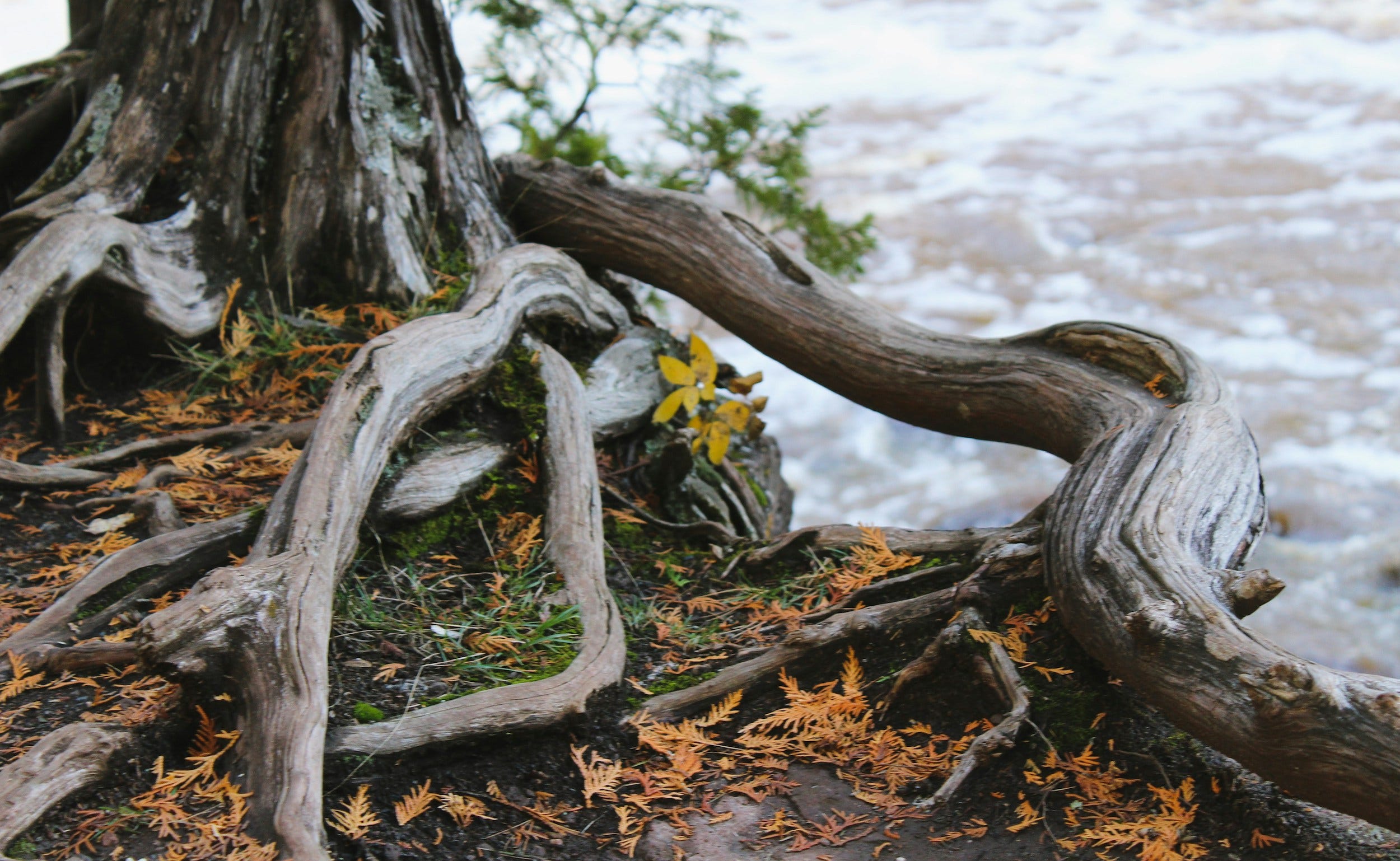
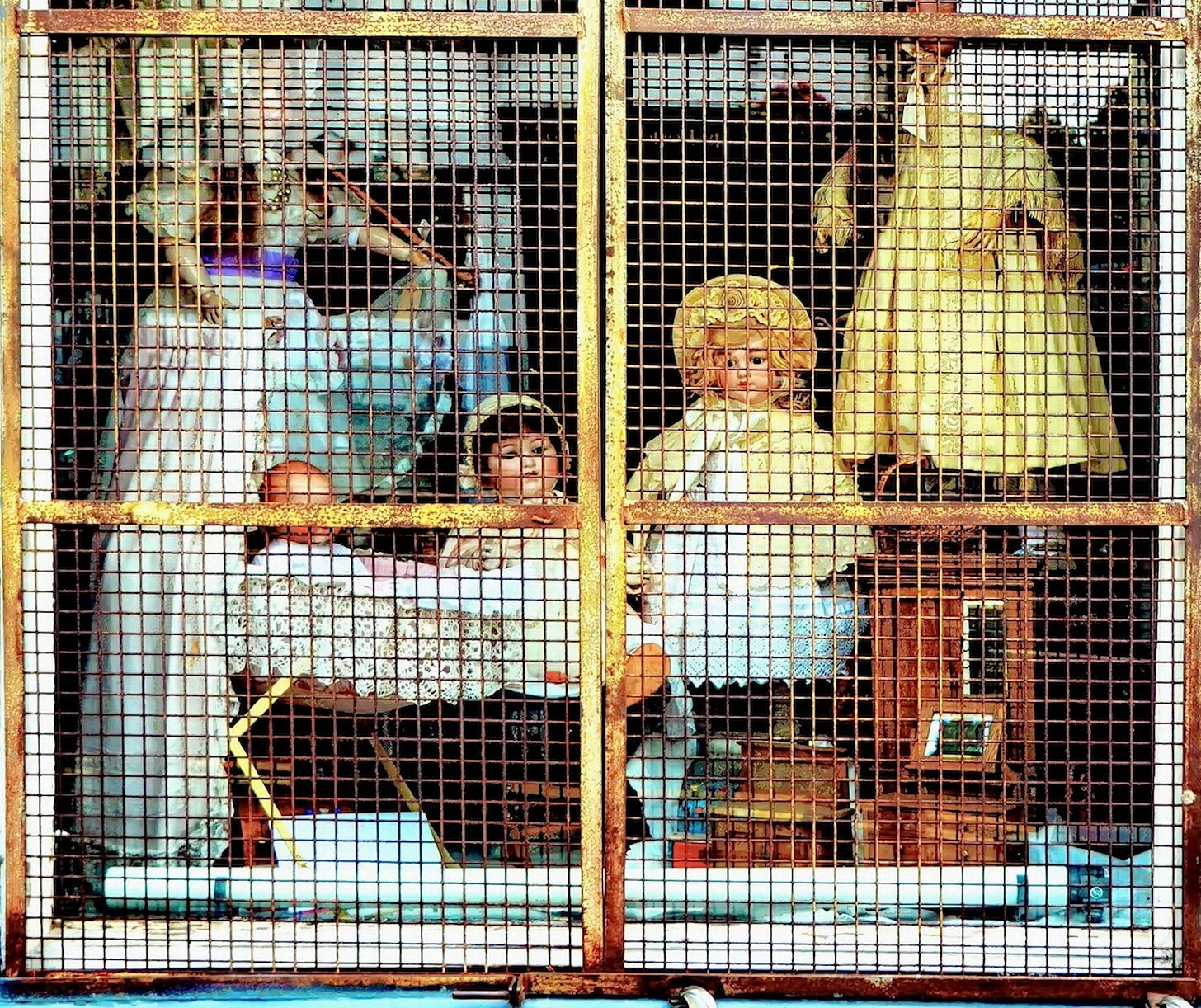
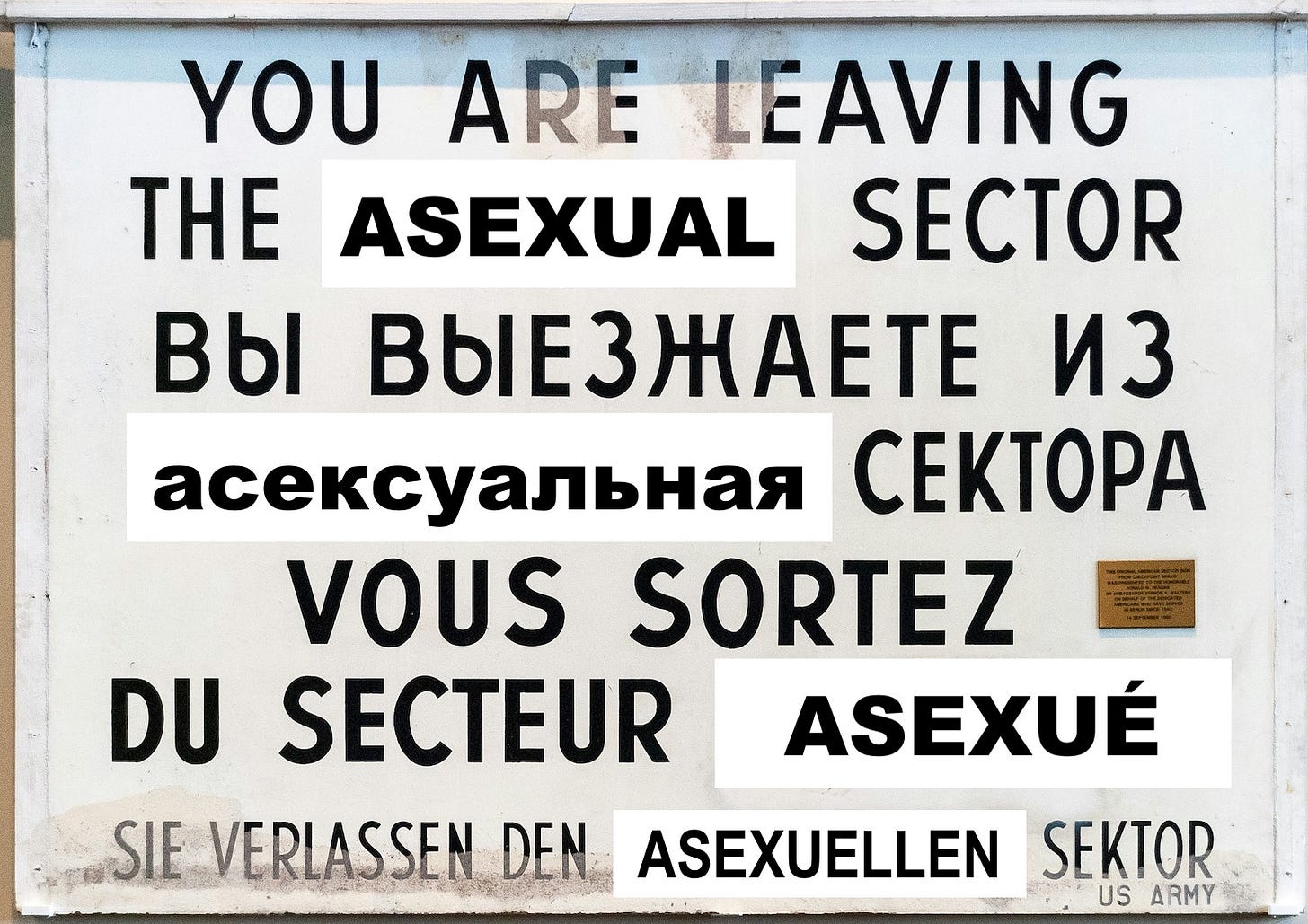
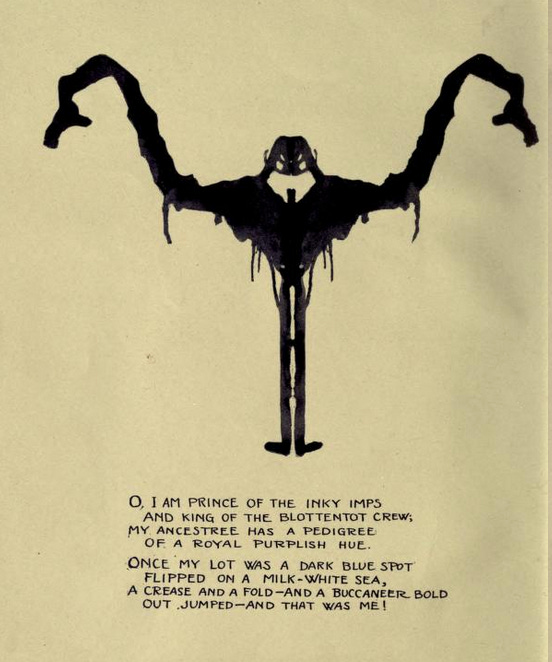
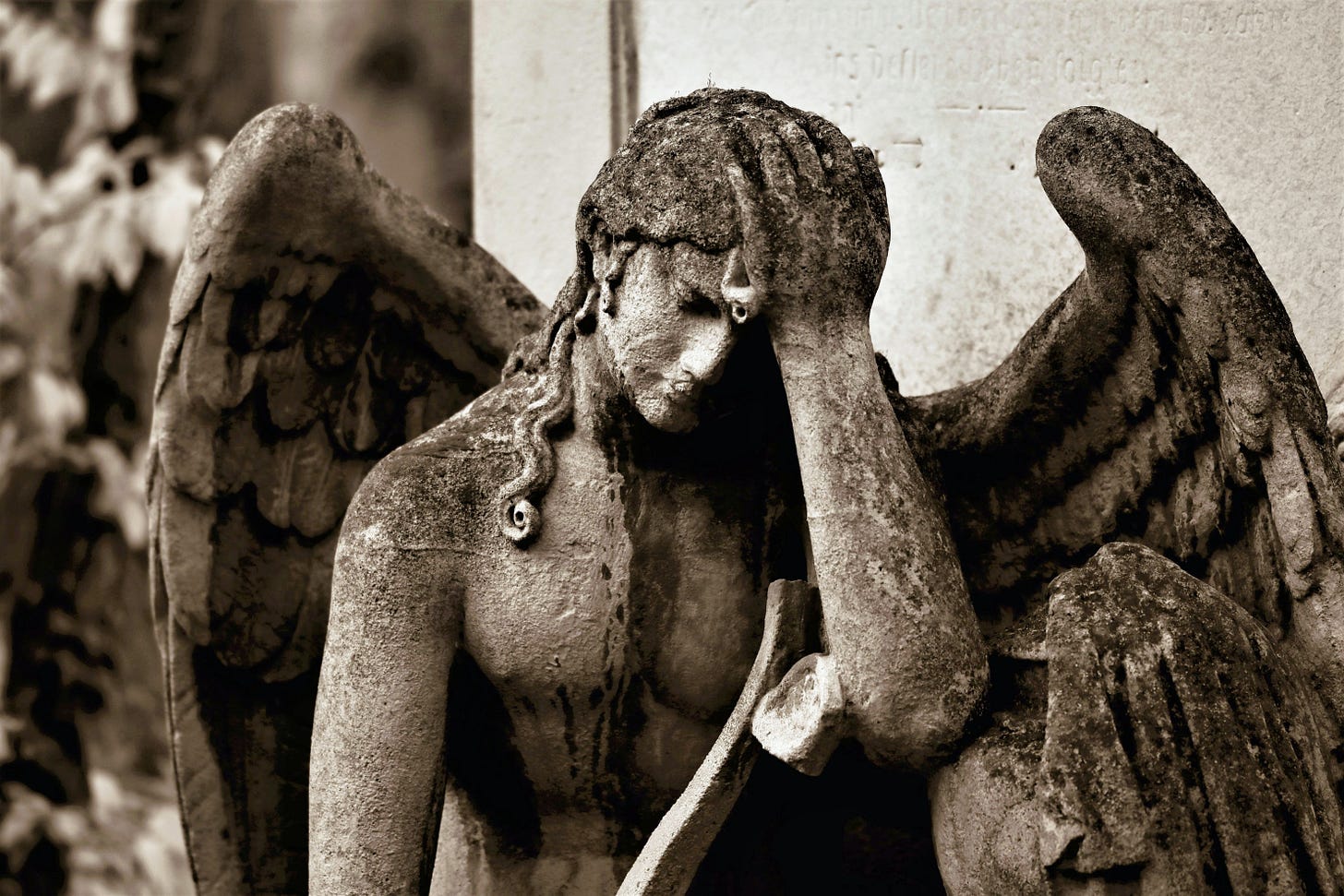
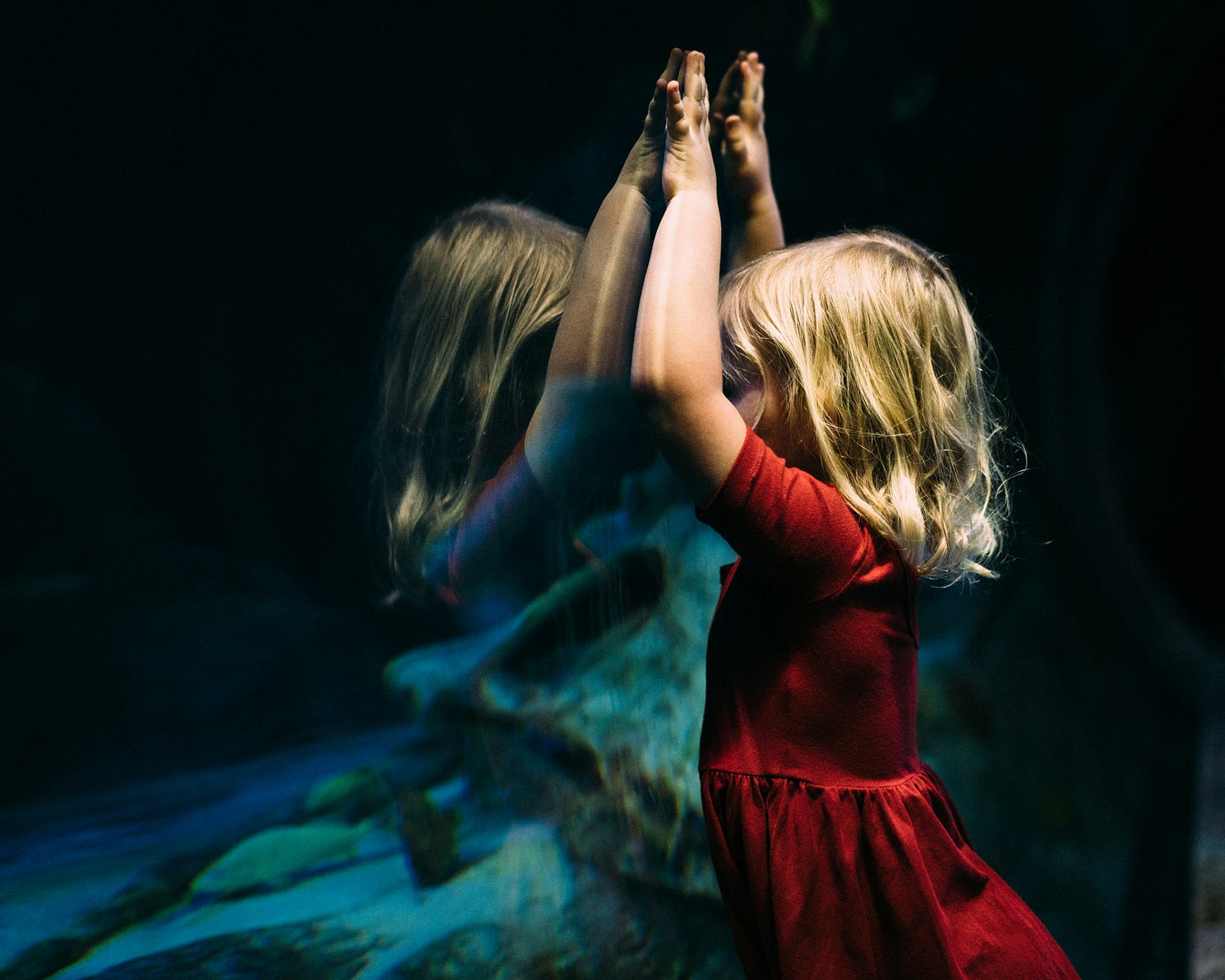
Few people can write about and honour their own 'examined life' with such beauty, insight, and nobility. 💜
Tears with this one. Thank you for sharing your story. The vulnerability you meets us with is a gift. In that mirror I catch a glimpse of the eudaimonity of my own soul. Who AM I? That’s a question I often write about. It’s a question that I live into. In the synchronosophy of becoming “who I am” I am twice born. In this unfolding discovery, I sail towards “home”. Thank you for being the prevailing wind. Your wisdom and your words are truly an angel. 🙏❤️ Thank you.